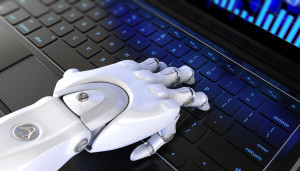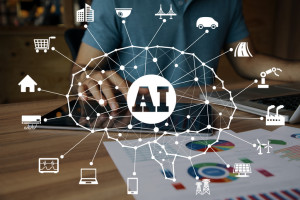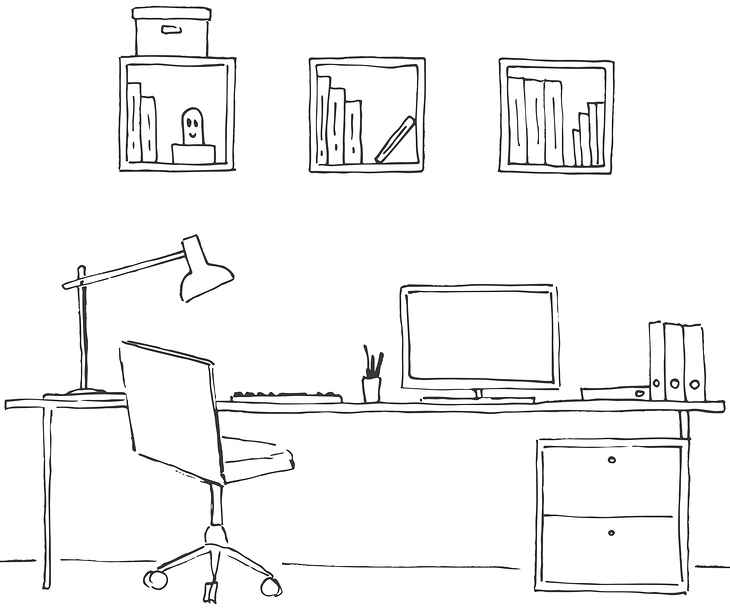I was glad to see the back of last week, one of the worst I have had in a long time.
It felt like everyone was out to get me and I felt the weight of the world on my shoulders.
Just when I thought it might get better I ended up cradling my head in my hands out of pure frustration.
What else can go wrong now I thought?
Friends have said that I am lucky to be a business owner, ‘look at you’ they say ‘you can leave when you want, take holidays that fit around the kids, take the odd day off to go shopping.’
When the reality is…
Holidays spent working in the morning and then if I’m lucky getting some beach time in the afternoon, thankfully I tan easily.
Worrying about work related problems
Always anxious
Will I win that customer, then, after three painstakingly years of hard work, receive an email saying thanks for your help we’ve decided to go with an another supplier but will include you when we next come to tender.
Gee, thanks a lot!
A manager who verbally agreed to give us the work only to find out on Monday morning she’s left and it’s the Director you are are now talking too who wants all the background information you’ve already supplied? And so the process starts over, again.
To be told we do have other priorities you know when they’ve promised to call you back close of business Tuesday and it’s now Friday.
It’s not all rose tinted windows and long leisurely afternoon teas. It is a one stop rollercoaster ride and one I’d very much like to get off of.
Running your own business is hard work there are changes in business regulations, legislation and taxation all of which need to be understood to ensure you are on the right side of the law.
It takes a resilient person to be able to manage all these aspects and at the same time having to generate business to pay the bills at the end of the month.
When I established my company twenty years ago the economic and business landscape were completely different.
Friendlier to start with, building relationships were key, service and value always at the top of the list and then some way down came the price factor.
People really did buy people, they bought your integrity, ingenuity and intelligence, your willingness to help them they respected you for your knowledge asked you for advice, yes, advice and paid for the privilege.
 2018 and the landscape couldn’t be more different.
2018 and the landscape couldn’t be more different.
People are in jobs for a year maybe longer and as the above example illustrates you can be given the order one week only to find out the next it’s all change and you have to start the sales process all over again.
The technology revolution continues to transform our daily lives – 3D printing, driverless cars (almost) A.I. and V.I all of their origins from the internet.
The arrival of the internet changed everything but with the it came automation and robotics on a grand scale and if the current trend continues many jobs will disappear.
Airports are undergoing automation; baggage drop off areas where you weigh your bags and the tickets are printed for you to apply to your baggage.
If you booked in online all you have to do is turn up at the departure gate.
What has happened to the assistant who would weigh your luggage, attach your baggage labels and wish you a safe journey?
Look at the increasing use of check out free supermarkets, scan your shopping pay and go.
Or better still order online and have the supermarket deliver your weekly groceries direct to your door at a time that suits.
It all seems great and we all benefit from choosing when we want to do our shopping online and then decide when to have it delivered but there are challenges ahead.
The future?
In a digitally transforming world the greatest challenge surely is creating economic and social value for those whose jobs have been eliminated because of automation.
Jobs that are automated become extinct. 
Automation results in lower paid menial jobs being removed from the work place altogether but what happens to the people who are no longer employed?
This transformation in the workplace usually means a need for experienced and knowledge based workers but in my experience many businesses who want or need skills simply research the internet and buy freelance services cheaply.
Digitalisation has changed the nature of how, why and where we work, we probably wouldn’t recognise the offices we use to work in twenty years ago.
How we bank, book holidays, order goods online is unrecognisable to how we did it ten years ago when the internet really got going.
And in another ten years how will this increased automation and digitalisation affect the workforce?
Our way of life is changing, transforming and we have to change with it but into what?
As more and more jobs become obsolete what happens to those who can’t find work or who have been employed in lower skilled lowly paid jobs?
Will we ultimately become disposable where those who are highly skilled and are trained in a given profession will become the elite whilst the rest of us are left behind, unemployed?
Sound extreme?
Surely digitalisation will lead to more innovative, creative and imaginative jobs in the workplace?
The only question is will we fit in?

